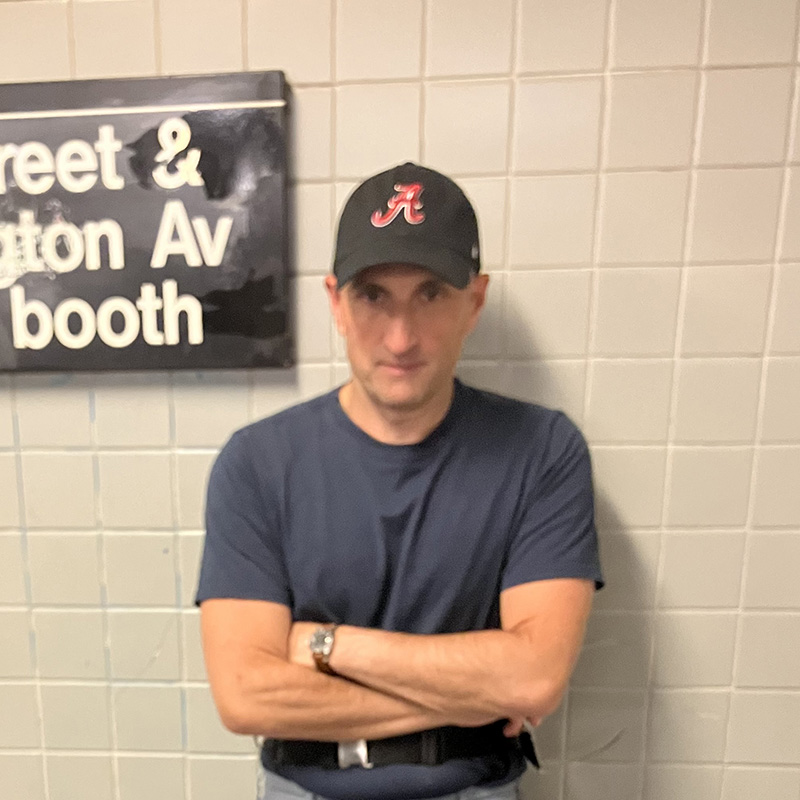Skift Take
The 94-page ruling methodically knocks down the argument from American and JetBlue that their alliance boosts competition to benefit flyers.
His tone was measured, but Judge Leo T. Sorokin made it clear he wasn’t buying the argument from American and JetBlue that their “Northeast Alliance” promoted competition and was good for flyers.
Instead, in a 94-page ruling Friday afternoon, Sorokin laid out the history of the so-called NEA in which the two airlines share revenue and coordinate schedules and other practices in servicing New York and Boston. Sorokin said it harms consumers by effectively removing one competitor from the market.
In short, Sorokin wrote: “Through the NEA, American and JetBlue cease to compete and, instead, operate as a single carrier in the northeast. That is the core of the relationship, and it is a naked assault on competition.”
The U.S. Department of Justice sued to block the American Airlines-JetBlue Northeast Alliance in September 2021. On Friday, U.S. District Court Judge Sorokin said the partnership “substantially diminishes competition in the domestic market for air travel,” and ruled that the two airlines must unravel the partnership. An appeal is possible.
Both American and JetBlue pushed back on the decision. American said, according to Reuters, “The court’s legal analysis is plainly incorrect and unprecedented for a joint venture.” It added that the alliance “has been a huge win for customers and anything but anticompetitive.” JetBlue said the “Northeast Alliance has been a huge win for customers” by extending the airline’s low fares “to more routes than would have been possible otherwise.”
At a Skift event last November – before the the start of the trial – JetBlue President Joanna Geraghty defended the alliance to Edward Russell, Skift’s Transport editor and reporter: “If you look at the Northeast Alliance, Delta has doubled down in Boston. United has added a lot of capacity into Newark. And that’s all in response to what JetBlue and American are doing in the northeast. If that’s not a competitive response from legacy carriers that will drive competition and drive fares in a positive way, I don’t know what is.”
Here’s more background directly quoted from the court’s ruling:
- American and JetBlue are two of the four largest carriers operating in New York, and two of the largest three in Boston. Delta Air Lines is the only other carrier with a large presence in Boston.
- It is beyond dispute that, through June 2020, JetBlue vigorously and directly competed with American across all markets both carriers served.
- By 2020, JetBlue knew that Delta was mounting a challenge to its dominance in Boston.
- Around the same time, American was fretting about its operations in New York.
- In late 2019, the two carriers began discussing a possible lease, through which JetBlue would acquire temporary control over some of American’s slots at JFK… Talks between the carriers expanded to contemplate a broader domestic partnership focused on the northeast…
- The NEA was established and publicly announced on July 15, 2020….a relationship between American and JetBlue that includes codesharing, schedule coordination, revenue sharing, reciprocal loyalty benefits, and joint corporate customer benefits, all of which extend to most of the carriers’ flights to and from Logan, JFK, LaGuardia, and Newark (“the NEA airports”).
- [T]he record confirms what common sense suggests: in forming the NEA, American and JetBlue decided to stop competing and start cooperating with one another in the northeast.
- Airlines engaged in competition with one another would tactically respond to each other’s fares. They would consider launching new service to directly compete with a rival’s service on [origins and destinations]. They would not cede certain routes to a competitor. Within the NEA, American and JetBlue no longer adhere to these competitive practices with respect to one another. In that region, competition between them has effectively ceased.
- Though various executives claimed American and JetBlue continue to compete in some fashion within the northeast, there is no credible support for those claims. There is no evidence the defendants have engaged in meaningful competition with respect to fares, schedules, service, advertising, or anything else within the NEA region …
- It is abundantly clear to the Court that the defendants’ primary motivation in establishing the NEA was to strengthen their own competitive positions against Delta (and, to a lesser extent, United) in Boston and New York. Their own witnesses, business records, and submissions to the Court have repeatedly described this purpose.
- Essentially, American and JetBlue defend their partnership by broadly urging that “bigger is better,” and by claiming that they will be able to match or overtake (or, as they say, “compete with”) Delta only if they are permitted to stop competing with one another. That is not the kind of “competition” valued and protected by the Sherman Act.
Watch: JetBlue President Joanna Geraghty at Skift Global Forum 2022
Last fall, JetBlue’s President sat down with Airline Weekly Editor Ned Russell, when asked about the Northeast Alliance and the DOJ action, she told him “We’re confident that we will prevail.” Watch the video in full, below.
Have a confidential tip for Skift? Get in touch
Tags: american airlines, competition, delta air lines, jetblue airways, northeast alliance, politics
Photo credit: American Airlines CEO Robert Isom (left) speaking on stage at Skift Aviation Forum in Dallas, Texas, November 2022. Skift


